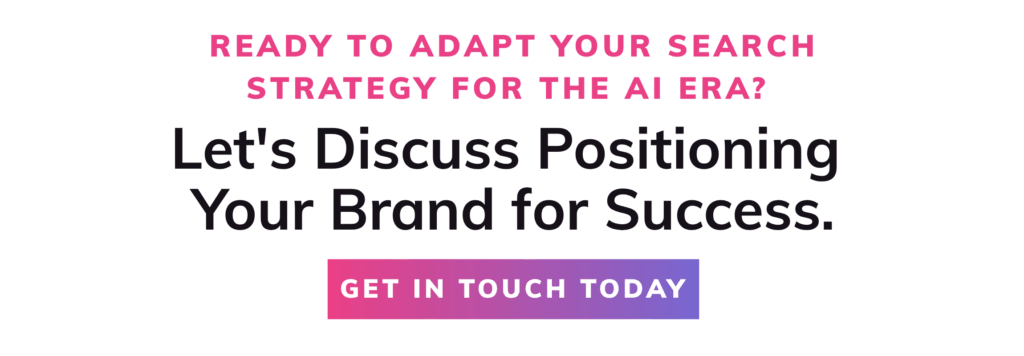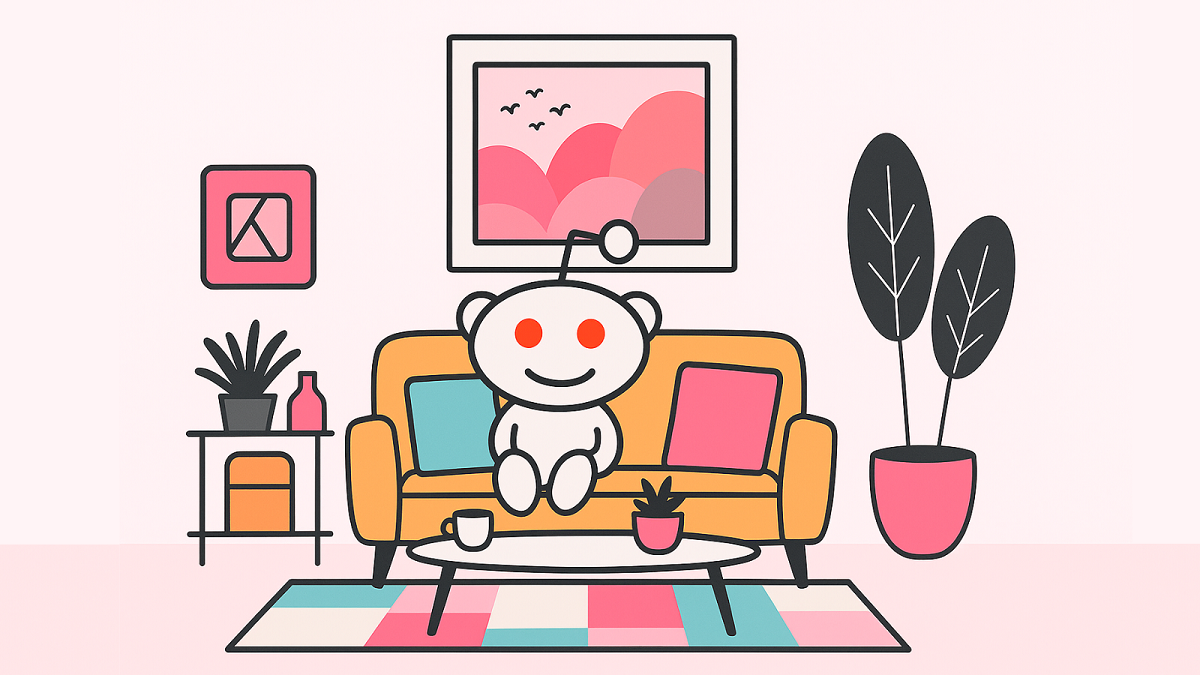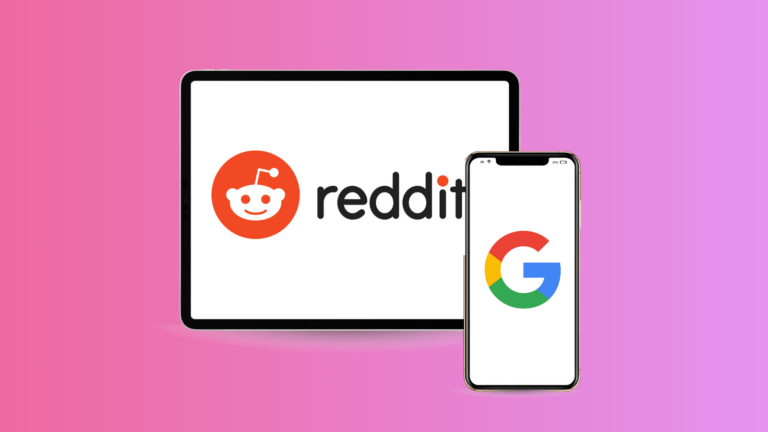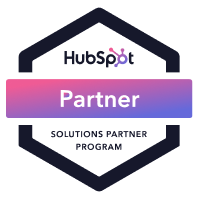In today’s digital landscape, reshaped by AI advances and ever-shifting search algorithms, many businesses are realizing that traditional SEO playbooks aren’t cutting it anymore. At Ultraviolet, we’ve been tracking these changes closely and adapting our strategies to help brands not just keep up, but get ahead.
The Attribution Crisis: What’s Really Happening
As Dave Davies, Head of SEO at AI developer platform Weights & Biases, recently shared in his SMX Advanced keynote preview, “How the eff do I get attribution anymore? How? Where is my attribution coming from? People are using GPT on their phones… Click-through rates are dropping, AI Overviews are expanding.”
The customer journey no longer follows a straight line. A person might discover your brand through an AI tool, hear about you again in a podcast, and finally land on your site via direct traffic…weeks later. This fragmented path renders traditional tracking methods unreliable.
Even in data-heavy industries, Davies reports traffic drops of 20% or more due to AI overview dominance. While not every sector sees the same hit, the trend is clear: less search traffic is reaching actual websites.
What Google Just Confirmed at Marketing Live 2025
Google’s latest announcements signal a fundamental shift in how search works:
- Search is now generative-first
- Creativity is AI-powered but human-guided
- Attribution is fragmenting, again
- Ads will appear inside AI Overviews
- Voice and agents are the next interface battleground
These changes require a complete rethink of how we approach digital marketing strategy.
The Search Evolution: Understanding the New Landscape
To navigate this new era effectively, it’s crucial to understand what we’re actually dealing with.
The search landscape now encompasses three distinct approaches, each requiring different optimization strategies:
Traditional Search: “Keyword Search” or “Classic Search”
This is what we’ve known for decades—Google, Bing, and other engines that rely primarily on keyword-based algorithms. While Google has integrated AI components like RankBrain and BERT over the years, the core mechanism still matches keywords to indexed pages and serves up lists of links.
AI-Driven Search: “AI Search,” “Semantic Search,” or “Answer Engines”
Platforms like Perplexity AI, OpenAI’s ChatGPT Search, and Microsoft’s Bing Copilot represent a fundamental shift. These systems use large language models to understand context and intent, delivering direct, conversational responses with citations. Microsoft’s CEO has called this approach an “answer engine” highlighting the focus on immediate information rather than lists of search results.
Social Search: User-Generated Content and Social Interactions
The third pillar involves platforms like TikTok, Instagram, and Reddit, where users discover information through social interactions, recommendations, and user-generated content.
The Future of Search Is a Hybrid Approach
Here’s the reality: your audience isn’t choosing just one search method. They’re using all three, often in the same research session. Someone might start with a ChatGPT query, move to Google for verification, then check TikTok for real user experiences. This hybrid behavior means your brand needs visibility across all three search ecosystems.
Google’s response with “AI Overviews” and “AI Mode” demonstrates this hybrid approach. They’re blending traditional search capabilities with AI-generated summaries, offering users both the familiar list of links and synthesized information at the top of results.
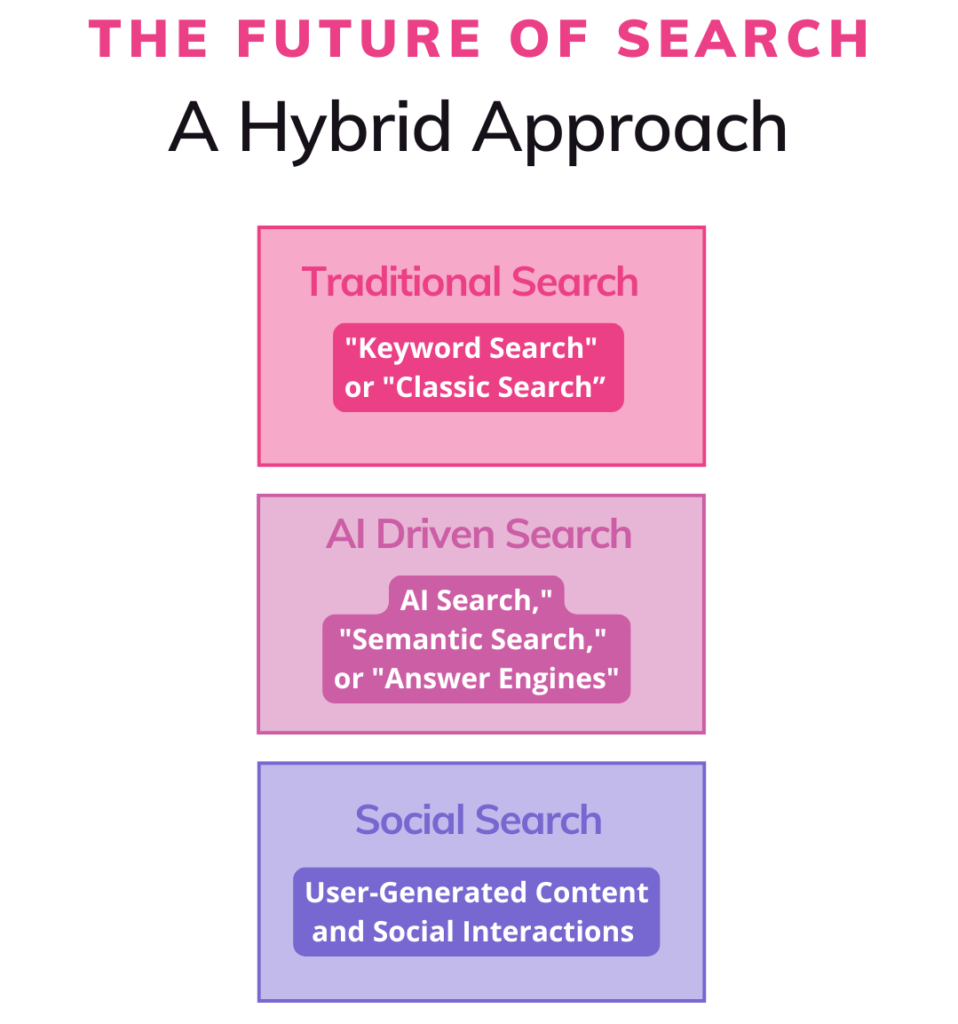
Content Saturation is Real, and Getting Worse
For years, the answer to SEO was simple: publish more. More keywords, more blogs, more “top 10” lists. But now we’re drowning in copycat content that adds little value, and AI is increasingly surfacing answers without needing to link to the original source.
This creates a significant problem. AI models, trained on massive web datasets, learn from patterns. If your brand’s digital footprint is limited to repetitive, formulaic content, you’re unlikely to be surfaced as a credible source in AI-generated responses.
Google’s 2025 updates to Product Studio and Veo 3 video generation tools make creating content easier than ever, which means standing out requires more strategic thinking and genuine expertise.
What Actually Works in 2025: Authority Beyond Your Website
The insights show you need to be mentioned across multiple authoritative sources; it’s no longer enough to rank well on your domain. Your authority needs to extend across the web.
“It’s not about links anymore… You need to be the logical, expected part of authoritative conversations—wherever they’re happening.”
Dave Davies, Weights & Biases Head of SEO
That means:
Get Mentioned in Trusted Publications
Focus on third-party validation from media outlets, industry publications, and credible review sources that AI systems recognize as authoritative.
Appear in “Best of” and Comparison Content
When someone asks an AI assistant for top tools or trusted services in your category, the brands that appear in multiple sources are more likely to be surfaced.
Contribute Meaningfully to Your Community
Participate in industry-specific forums, podcasts, webinars, and newsletters that still shape perception and influence AI training data.
From Rankings to Relevance: Optimizing for the New Search Ecosystem
But it’s not just about generative engines anymore.
Your optimization strategy needs to account for all three search approaches:
For Traditional/Keyword Search:
- Maintain strong technical SEO fundamentals
- Focus on E-A-T (Expertise, Authoritativeness, Trustworthiness)
- Optimize for featured snippets and traditional ranking factors
For AI-Driven/Answer Engines:
- Use structured data and clear formatting that AI systems can easily parse
- Create snippet-worthy answers under 320 characters
- Ensure your content appears in authoritative sources that AI systems reference
For Social Search:
- Develop authentic, shareable content that generates organic engagement
- Build community presence on platforms where your audience discovers information
- Create content that performs well in social algorithms and user recommendations
The key insight: these aren’t separate strategies. The most successful brands will create content that performs across all three search types simultaneously.
Google’s rollout of AI Overviews and the new AI Max campaign type confirms what we’ve anticipated: generative experiences are now the default, not a preview. Your brand must optimize not only for ranking in traditional search results but for visibility within AI-generated summaries.
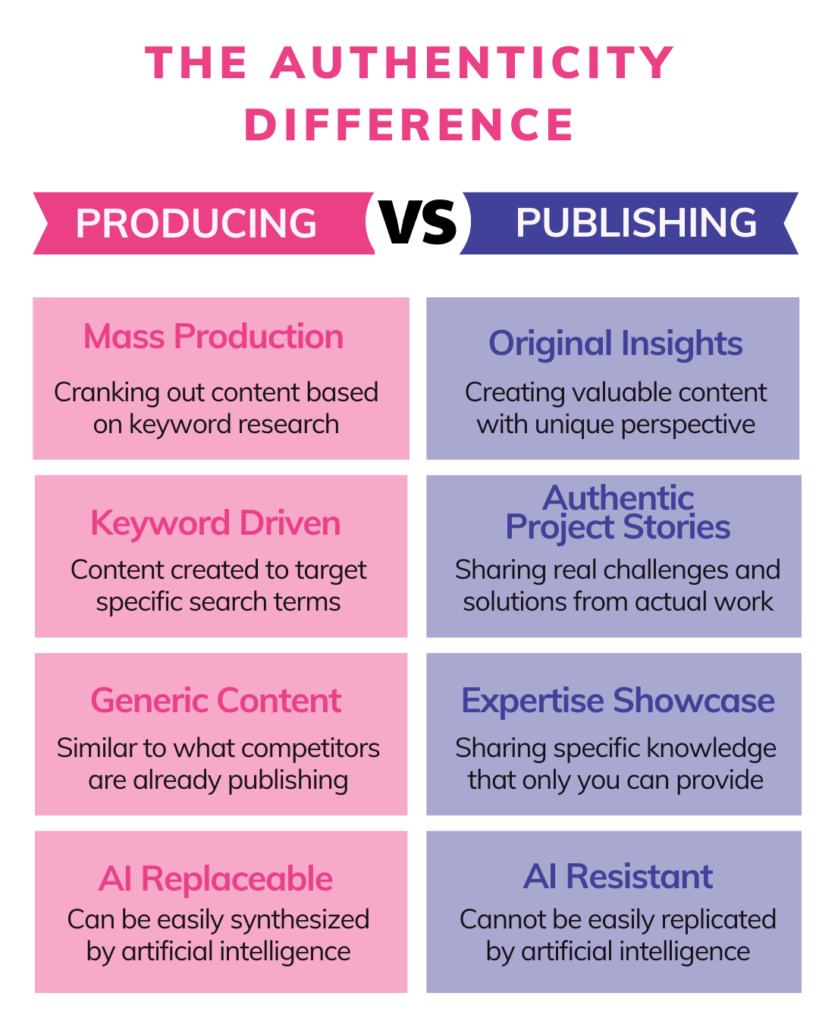
For Interior Designers and Home Brands, This Means:
Sharing authentic project stories and challenges
Rather than creating generic design tips, focus on developing in-depth case studies that showcase the unique challenges encountered in specific projects. Authentic stories that highlight your creative problem-solving process provide value that AI simply cannot replicate.
Highlighting your specific expertise
What makes your approach to interior design different? The insights gained from years of hands-on experience working with real clients and spaces are exactly the kind of valuable content that search engines are prioritizing.
Capturing genuine expert opinions
Instead of AI-generated listicles, develop content that showcases your unique design philosophy and decision-making process. For example, with our client At300Nelson, we’ve focused on content that emphasizes their authentic voice and expertise in the field.

The Shift to Pre-Search Influence
Instead of waiting for people to find you through search, meet them earlier in their journey.
Today’s AI-savvy users are researching long before they click, which means your content should:
- Answer foundational questions early in the buyer journey
- Address concerns and topics they’re curious about 6-12 months before conversion
- Build familiarity and trust before they even know they need your services
We’ve successfully implemented this approach with clients across tech, manufacturing, healthcare, and other industries, helping them establish brand awareness and authority long before their competitors appear on the radar.
For Ultraviolet client Island Stone, this meant creating content addressing questions homeowners have 6-12 months before they even consider tile selection. By identifying early pain points in renovation planning and creating resources to address these challenges, we’ve helped them build brand awareness among future customers long before the competition.
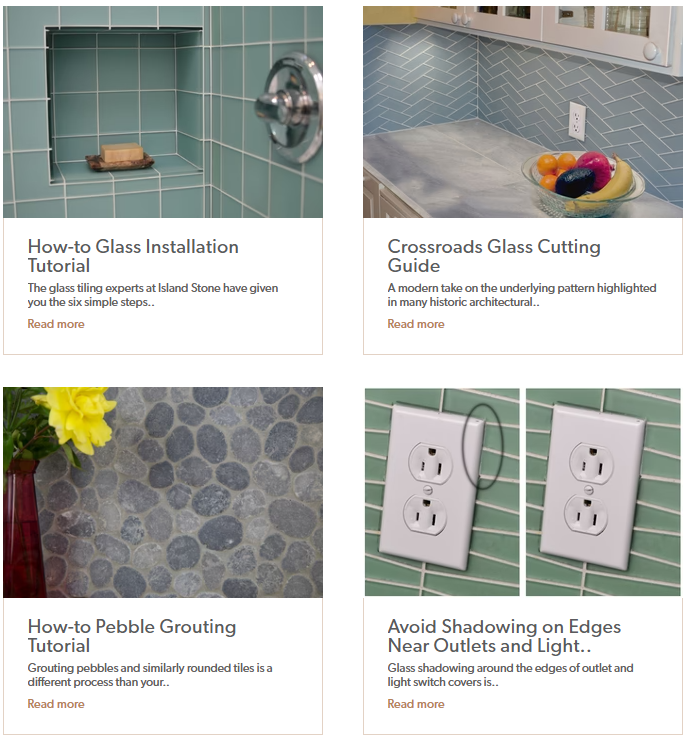
Preparing for AI-Powered Decision-Making
Davies describes a near-future scenario where AI assistants make decisions for consumers autonomously: “I can just walk around and say, take me here… and it just knows. It can get it done sight unseen to me.”
While this might sound a little too futuristic, AI already influences product recommendations, scheduling, and purchase decisions. Google’s announcements around AI agents in Google Ads and the forthcoming Marketing Advisor in Chrome (which will be rolling out later this year) show how quickly this reality is approaching.
To future-proof your brand:
- Ensure your product or service information is structured and machine-readable
- Focus on being mentioned in AI-friendly reviews, guides, and comparison content
- Explore integrations with voice assistants, AI agents, and other emerging interfaces
Rethinking Metrics: Measuring What Matters
With conversions and last-click attribution becoming less reliable, it’s essential to expand your measurement approach.
Rather than focusing exclusively on search rankings and last-click conversions, we’re directing our clients to track:
- Brand recall and awareness: Do people remember you when it counts?
- Email list growth and engagement: Are you building a loyal, owned audience?
- Content sharing and earned media: Are others referencing and sharing your insights?
- Mentions across AI platforms: Are your brand or services being cited in ChatGPT, Gemini, or other AI tools?
Google’s improved Performance Max reporting and new Smart Bidding exploration tools provide better placement-level data and search insights that reflect this more complex buyer journey.
Diversify Your Platform Strategy
But, don’t rely solely on Google. Davies recommends exploring less crowded, AI-influencing search platforms like Bing (which powers ChatGPT) and utilizing emerging ad formats that can place your products within AI-generated content.
Google’s new Power Pack campaign bundle integrates Search, Performance Max, and Demand Gen, reinforcing the need for a full-funnel approach. Organic and paid efforts must work together to create comprehensive brand visibility across traditional search results, generative AI responses, and AI-curated experiences.
Practical Steps for Design Brands in 2025
If you’re a home brand, building product manufacturer, or design professional wondering how to adapt to this new reality, here are the approaches we’re implementing with our clients:
Invest in audience research: Commission surveys or interview past clients to understand their questions and challenges 6-12 months before they hired you
Document your unique process: What makes your approach to design different? How do you solve problems others can’t? These insights can’t be replicated by AI
Build direct connections: Focus on capturing email addresses and building a community you own rather than relying solely on search traffic
Showcase real expertise: For Ultraviolet client Lucy Interior Design, we developed content showing Lucy’s actual thought process during client consultations, providing value that generic design articles simply can’t match.
Structure content for AI: Use tables instead of images for comparisons, include direct quotes and statistics, cite sources, and format answers to be easily extracted.
Expand your authoritative presence: Get featured in industry publications, contribute to design forums, and ensure your expertise appears across multiple trusted sources.
Leverage visual platforms: For design professionals, platforms like Instagram and Pinterest remain powerful channels for showcasing your unique aesthetic in ways that text-heavy search can’t replicate.


Future Forward in the World of SEO
The SEO landscape of 2025 requires a fundamentally different approach. Success isn’t about optimizing for one type of search; it’s about building comprehensive authority across traditional keyword search, AI-driven answer engines, and social discovery platforms.
This means:
- Creating content that satisfies both human readers and AI systems
- Building authority that extends beyond your website to trusted publications and social platforms
- Developing strategies that work across the entire spectrum of how people discover information today
At Ultraviolet, we’re helping clients navigate this complex landscape by developing integrated strategies that perform across all three search ecosystems. Rather than choosing between traditional SEO, AI optimization, or social presence, we help brands excel in the hybrid environment where their audiences actually operate.
